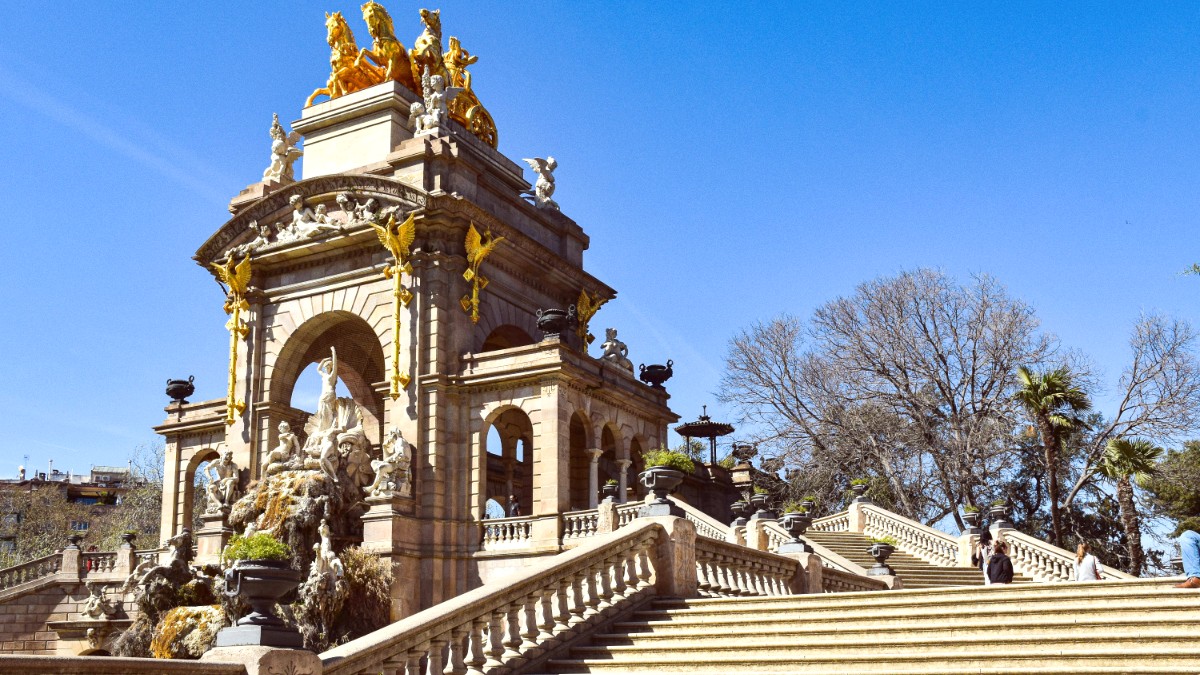
Spain
Menorca was declared an UNESCO Biosphere Reserve in 1993, highlighting its dedication to balancing human activity with nature conservation. This status protects its unique ecosystems.
Menorca has comprehensive waste separation and recycling programs. Look for separate bins for paper/cardboard (blue), plastics/cans (yellow), glass (green), and organic waste (brown).
Menorca is a Mediterranean island with limited fresh water resources. Water conservation is important, especially during the dry summer months when demand is highest. Take shorter showers and reuse towels.
Your choices impact Menorca's natural beauty.
Consider offsetting your flight emissions through reputable carbon offset programs like Terrapass.
Look for accommodations and tour operators that have environmental certifications or explicitly state their commitment to sustainability. Ecobnb lists sustainable stays.
Seek out tour operators committed to sustainability and ethical tourism, such as G Adventures.
Choose products that align with eco-conscious values to minimize your environmental impact while exploring.
Reusable products for travel to minimize plastic and waste.
Visit Package Free ShopYour choices contribute to preserving Menorca’s natural and cultural heritage.
Showing cultural awareness enriches your journey.
Menorca actively preserves its unique cultural heritage, including its language (Menorquí), traditional festivals (like Sant Joan), and historic architecture.
Acknowledge locals by saying "Hola" or "Bon dia" (Catalan for good morning/day). Even a few words of Spanish or Catalan are appreciated and show respect.
It is generally acceptable to photograph public spaces and landmarks. Always ask permission before photographing individuals, especially children.
When visiting churches or the Cathedral, dress modestly (shoulders and knees covered).
Seek out local products that support artisans and farmers directly.
Look for "Producte de Menorca" or "Fet a Menorca" items.
Avarcas, local cheese, and gin support island heritage.
Your purchase keeps money circulating in the local economy.
Your choices as a traveler can significantly benefit the local community.
While not a major formalized segment, you can directly support local small businesses. Choose family-run restaurants, independent shops, and local guides.
Ensure any animal-based tourism (e.g., horse riding) adheres to high welfare standards. Avoid purchasing products made from endangered species or those that contribute to unethical practices.
If you wish to donate, research local charities or community projects. This ensures your contribution reaches those who need it most.
Look for products made locally ("Producte de Menorca" or "Fet a Menorca") from artisans and farmers. This supports the local economy and traditional crafts.
When participating in activities involving animals, verify that the operators adhere to high welfare standards. This supports responsible tourism practices.
Avoid purchasing any souvenirs or items made from endangered species, like certain shells or coral.
Do not engage in activities that contribute to unethical or illegal wildlife trade.